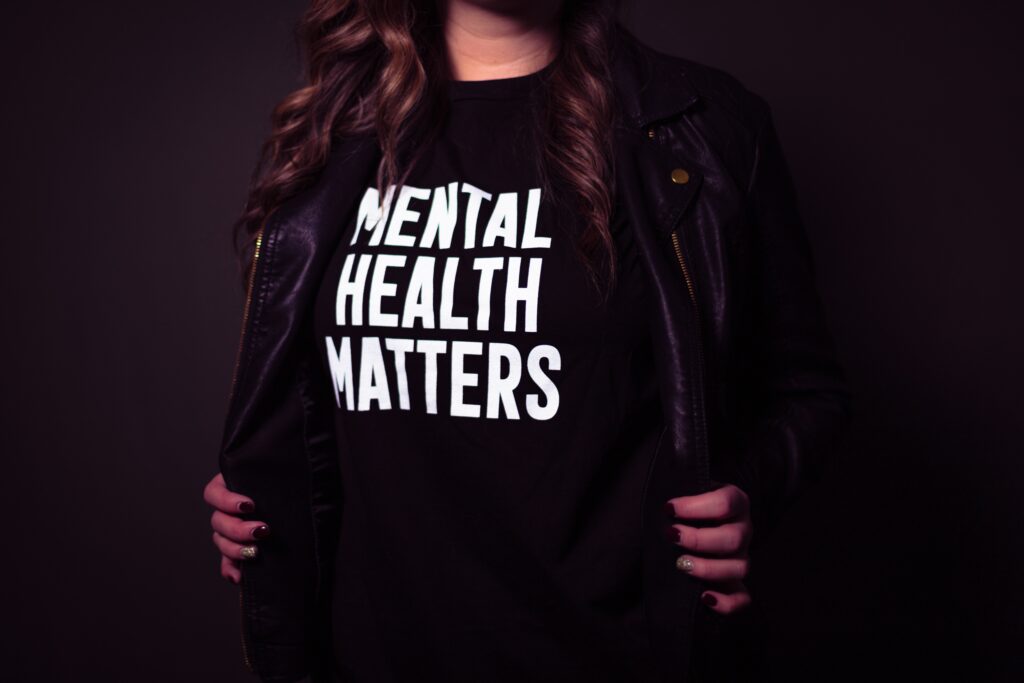What is mental health
Mental health is a term that encompasses our emotional, psychological, and social well-being. It essentially affects how we think, behave, and act. It also determines how we manage stress, relate to others, and make decisions.
As it appears, mental health has a direct impact on our daily lives, playing its role at every stage of our lives, from childhood and adolescence to adulthood.
Throughout our lives, we face many challenges. Consequently, when our mental health is shaken, our thoughts, behavior, and mood are affected.
What influences our mental health
The mental health of an individual is influenced by various factors, including biological and environmental factors, as well as the different experiences the person undergoes throughout their life, such as abuse or trauma.
When our mental health is not in a state of well-being, it becomes compromised, and the term ‘mental illness’ is used.
What is mental illness
Mental illness is defined as any disorder or condition of the mind, including psychiatric, primary mental disorder, or mood disorder (Mental Health Act, 1983).
Mental illnesses or disorders are not as rare as we might think. The truth is that challenging and unexpected situations are sometimes capable of undermining the foundations of our mental health if they are not robust.
Most common mental disorders
According to the World Health Organization, among the most common mental disorders are depression, anxiety or stress, and sleep disorders.
Approximately 1 in 4 people experiences a mental illness each year, often feeling ashamed to talk about it. As a result, the silence individuals choose can be just as detrimental to their health as the disorder itself.
Additionally, about 30% of adults will face an anxiety disorder at some point in their lives. Finally, 1 in 8 young people will experience a mental health condition.
Therefore, mental illnesses are neither so rare nor so distant from us, and they do not exclusively affect the elderly or a specific group of people.
Mental health concerns us all
Mental illness is common and can happen to anyone. It is something that, when it occurs, will impact our daily lives and affect our mental well-being.
There is no shame in seeking help from a professional. The sooner we realize that our mental health needs care, the higher the chances of a complete recovery.
Let’s give more importance to our mental health and well-being. Without it, we cannot be as functional in our daily lives as we would like.
It is positive to see that there is greater awareness and discussion surrounding the issue of mental health in modern society. This can help reduce the social stigma often associated with mental illnesses and facilitate access to mental health services.
As long as we are not mentally healthy, we are unable to recognize our potential and utilize it. We struggle to successfully navigate stressful situations, be productive, and connect with others in a meaningful and deep way.
*Photo by Emma Simpson







